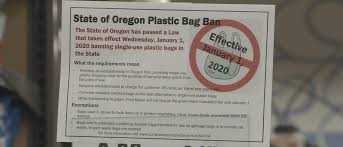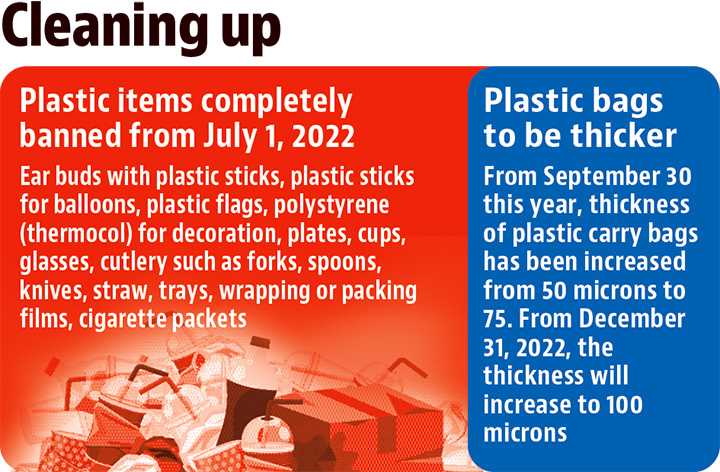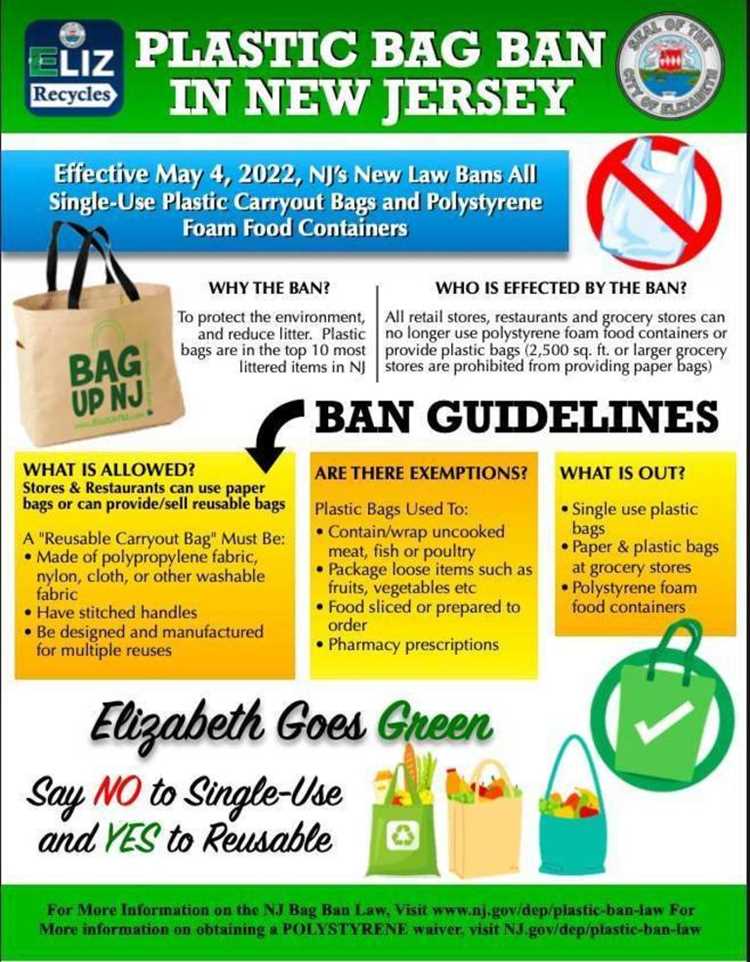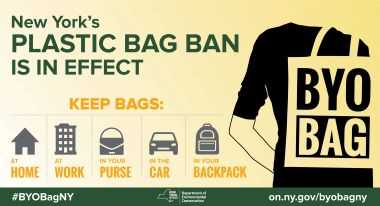Plastic bags have become a major environmental concern in recent years, prompting many governments and communities to implement bans or restrictions on their use. However, not all plastic bags are subject to these regulations. There are various exemptions that allow certain types of plastic bags to continue being used, albeit with restrictions and guidelines.
One common exemption is for bags used for sanitary or medical purposes. These include bags for packaging and transporting pharmaceuticals, medical waste, or other sterile items. Such bags must meet specific safety and hygiene requirements to ensure they are not contributing to pollution or endangering public health.
Another exemption is for small, lightweight plastic bags often used for fruits, vegetables, or other perishable items. These bags are typically thinner and less durable than standard plastic bags, but they serve a practical purpose in ensuring the freshness and quality of produce. However, many jurisdictions require that these bags be labeled as “compostable” or “biodegradable” to promote their eco-friendly nature.
Additionally, some regions exempt plastic bags that are necessary for specific purposes, such as those used for wrapping fresh seafood or containing loose bulk items. These bags may be made of thicker plastic or have specific features to accommodate the unique needs of these products. However, it is important for businesses and consumers to use these bags responsibly and prioritize sustainable alternatives whenever possible.
Understanding these exemptions is crucial for both businesses and individuals who want to comply with plastic bag regulations. By making informed choices and embracing eco-friendly alternatives, we can collectively reduce plastic waste and protect our environment for future generations.
- The Scope of Plastic Bag Ban Exemptions
- Exemptions for Specific Bag Types
- Exemptions for Certain Businesses or Industries
- Understanding the Basics
- Key Exemptions to Be Aware of
- 1. Small Businesses
- 2. Single-Use Plastic Bags for Specific Items
- 3. Medical and Pharmaceutical Purposes
- 4. Other Specific Exemptions
- Impact on Retailers
- Q&A:
- Which countries have implemented a plastic bag ban?
- What types of plastic bags are exempt from the ban?
- Why are some plastic bags exempt from the ban?
- Are there any alternatives to plastic bags that are exempt from the ban?
The Scope of Plastic Bag Ban Exemptions

Plastic bag bans have become increasingly common in cities and countries around the world as a way to reduce single-use plastic waste and protect the environment. However, not all plastic bags are subject to these bans. There are certain exemptions that exist to allow for specific uses where plastic bags may still be necessary or preferred. Understanding the scope of these exemptions is important for both consumers and businesses.
Exemptions for Specific Bag Types

Plastic bag bans typically target lightweight, single-use plastic bags that are commonly used at grocery stores, convenience stores, and other retailers. However, there are exemptions for certain types of bags that serve specific purposes. These exemptions may include:
| Bag Type | Reason for Exemption |
|---|---|
| Reusable Bags | Many plastic bag bans allow for the use of reusable bags made from materials such as cloth or recycled plastics. These bags are often sturdier and can be used multiple times before being disposed of. |
| Plastic bags for packaging certain products | In some cases, plastic bags may still be allowed for packaging specific items, such as fresh produce, meat, or bulk items. This is often because alternative packaging options may not be readily available or may not provide the same level of protection. |
| Bags for medical or sanitary purposes | Plastic bags used for medical waste disposal or to protect sanitary items are often exempt from bans. These bags play a crucial role in maintaining hygiene in healthcare settings and other sensitive environments. |
Exemptions for Certain Businesses or Industries

In addition to exemptions for specific bag types, plastic bag bans may also include exceptions for certain businesses or industries. This is often done to accommodate unique needs or challenges faced by these entities. Some common examples include:
- Restaurants and food delivery services: These businesses may be exempt from plastic bag bans to allow for the use of bags for takeout orders or food delivery.
- Pharmacies and drugstores: Plastic bags may be allowed in these establishments to package medications and other healthcare products.
- Small businesses: Some bans may provide temporary exemptions or alternative compliance options for small businesses that may struggle with the additional cost or logistics of implementing alternative packaging.
It’s important to note that the specific exemptions and their scope can vary widely depending on the location and the specific regulations put in place. Consumers and businesses should always refer to local laws and guidelines to understand the exemptions and requirements that apply to them.
Understanding the Basics
Plastic bag bans are becoming increasingly common in many cities and countries around the world. The goal of these bans is to reduce the negative environmental impacts of single-use plastic bags.
Single-use plastic bags are typically made from non-biodegradable materials like high-density polyethylene (HDPE) or low-density polyethylene (LDPE). These bags are often used for a short period of time and then discarded, ending up in landfills or polluting our oceans and natural habitats.
By implementing plastic bag bans, governments and communities aim to encourage the use of alternative and more sustainable options, such as reusable bags made from fabric or other durable materials.
However, not all plastic bags are subject to these bans. Many jurisdictions include exemptions for certain types of bags, taking into consideration their specific purposes and potential impact on consumers and businesses.
The specific exemptions vary depending on the region and the legislation in place. Some common exemptions include:
| 1. Thin plastic bags | : Some bans only apply to bags above a certain thickness, typically around 2.25 mils or 0.057 mm, while thinner bags may still be allowed. |
| 2. Bags for specific products | : Certain types of plastic bags, such as those used for packaging loose produce or meat, may be exempted due to hygiene or food safety concerns. |
| 3. Compostable or biodegradable bags | : In some cases, bags that meet specific standards for compostability or biodegradability may be exempted, as they are considered to have a lower environmental impact. |
| 4. Pharmacy bags | : Some bans make exceptions for bags distributed by pharmacies to carry prescription medications, due to privacy and safety concerns. |
| 5. Non-profit organizations | : Some bans exempt bags provided by non-profit organizations for charity purposes, acknowledging their contribution to the community. |
It’s important to note that even with these exemptions, the overall aim of plastic bag bans is to minimize the use of single-use plastic bags and promote the adoption of more sustainable alternatives. Consumers and businesses are encouraged to actively support these efforts by using reusable bags whenever possible.
Key Exemptions to Be Aware of

While many cities are implementing plastic bag bans to reduce waste and promote sustainability, there are some key exemptions that you should be aware of. These exemptions vary depending on the city and local regulations, but there are a few common exemptions that you may encounter:
1. Small Businesses
Some cities exempt small businesses from the plastic bag ban. This is typically defined as businesses with a certain annual revenue or number of employees. Small businesses may be granted an exemption due to concerns about an increased financial burden and the need to transition to more sustainable alternatives.
2. Single-Use Plastic Bags for Specific Items
Some cities allow for the use of plastic bags for specific items, such as for packaging raw meat or fish. These exemptions are based on health and safety concerns, as the use of reusable bags for raw meat or fish could lead to cross-contamination and foodborne illnesses if not properly cleaned.
3. Medical and Pharmaceutical Purposes
In certain cases, plastic bags may be exempted from the ban if they are being used for medical or pharmaceutical purposes. This exemption is typically granted due to the importance of maintaining sanitary conditions and preventing contamination in healthcare settings.
4. Other Specific Exemptions
There may be other specific exemptions depending on the city and its unique circumstances. For example, some cities exempt plastic bags used for dry cleaning or bags used for newspaper delivery. These exemptions are often based on practical considerations and the lack of viable alternatives for certain industries.
It’s important to note that exemptions can vary widely from city to city, so it’s crucial to familiarize yourself with the specific regulations and guidelines in your area. Understanding the key exemptions will help you navigate the plastic bag ban and ensure compliance with local regulations.
Impact on Retailers
The plastic bag ban has a significant impact on retailers, forcing them to make changes to their operations and potentially affecting their bottom line. While the ban aims to reduce plastic waste and protect the environment, it comes with various challenges for retailers.
One of the main challenges is the cost of alternative packaging materials. Retailers will need to invest in alternative options such as paper bags or reusable bags, which can be more expensive than plastic bags. This additional cost can put a strain on retailers, especially small businesses with limited budgets.
Furthermore, the ban might also result in changes to the shopping habits of consumers. Some customers might prefer to shop at stores that still provide plastic bags, while others may bring their own bags or choose alternative packaging materials. This shift in consumer behavior can have an impact on retailers’ sales and customer loyalty.
Implementing the ban requires retailers to adapt their infrastructure to accommodate the new regulations. They might need to install bagging stations, train staff on alternative packaging options, and update their point-of-sale systems to reflect the changes. These adjustments can be time-consuming and costly, especially for retailers with multiple locations.
Despite these challenges, retailers also have an opportunity to showcase their commitment to sustainability and attract environmentally conscious customers. By offering eco-friendly packaging options, retailers can align themselves with the values of their target market and differentiate themselves from competitors.
| Impact on Retailers | |
|---|---|
| Higher cost of alternative packaging materials | Increased financial burden on retailers, especially small businesses |
| Changes in consumer shopping habits | Potential decrease in sales and customer loyalty |
| Adapting infrastructure | Time-consuming and costly adjustments to comply with regulations |
| Opportunity for sustainability branding | Attracting environmentally conscious customers and differentiating from competitors |
Q&A:
Which countries have implemented a plastic bag ban?
Countries such as Bangladesh, Rwanda, and Kenya have implemented complete plastic bag bans. Many other countries have also implemented partial bans or are in the process of doing so.
What types of plastic bags are exempt from the ban?
In many cases, thicker reusable plastic bags, such as those typically used for grocery shopping, are exempt from the ban. However, the specific exemptions vary depending on the location.
Why are some plastic bags exempt from the ban?
Some thicker plastic bags are considered to be more durable and can be reused multiple times, making them a more sustainable option compared to single-use bags. Additionally, certain industries rely on these bags for packaging and transporting goods.
Are there any alternatives to plastic bags that are exempt from the ban?
Yes, many alternatives to plastic bags are available and are not subject to the ban. These include paper bags, cloth bags, and biodegradable bags made from materials such as corn starch.